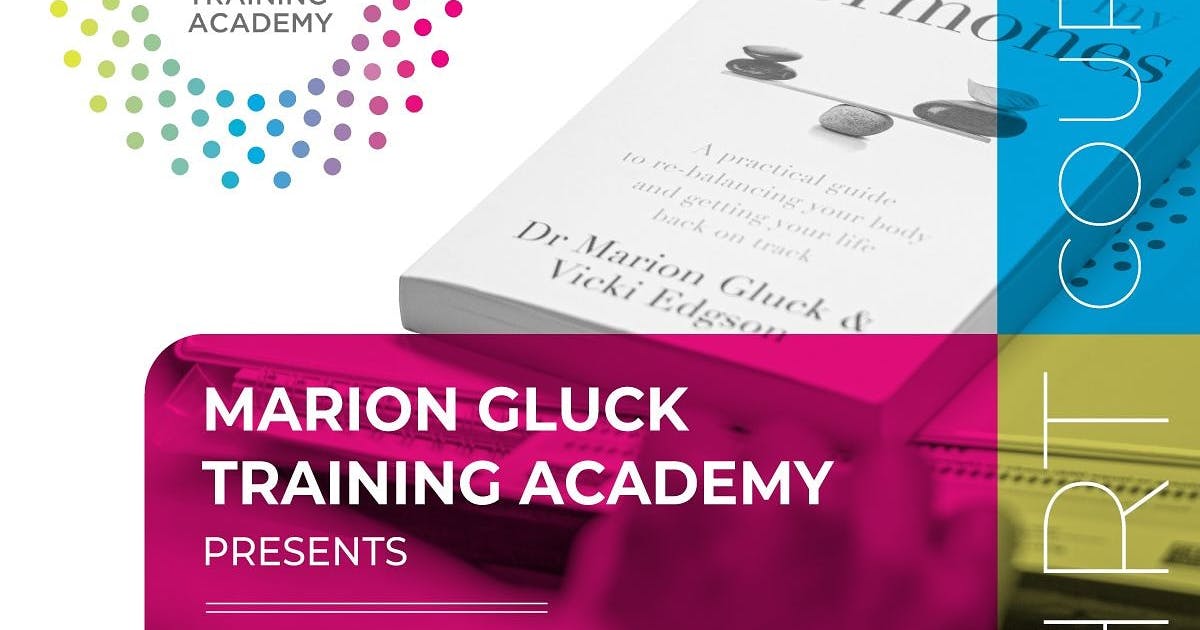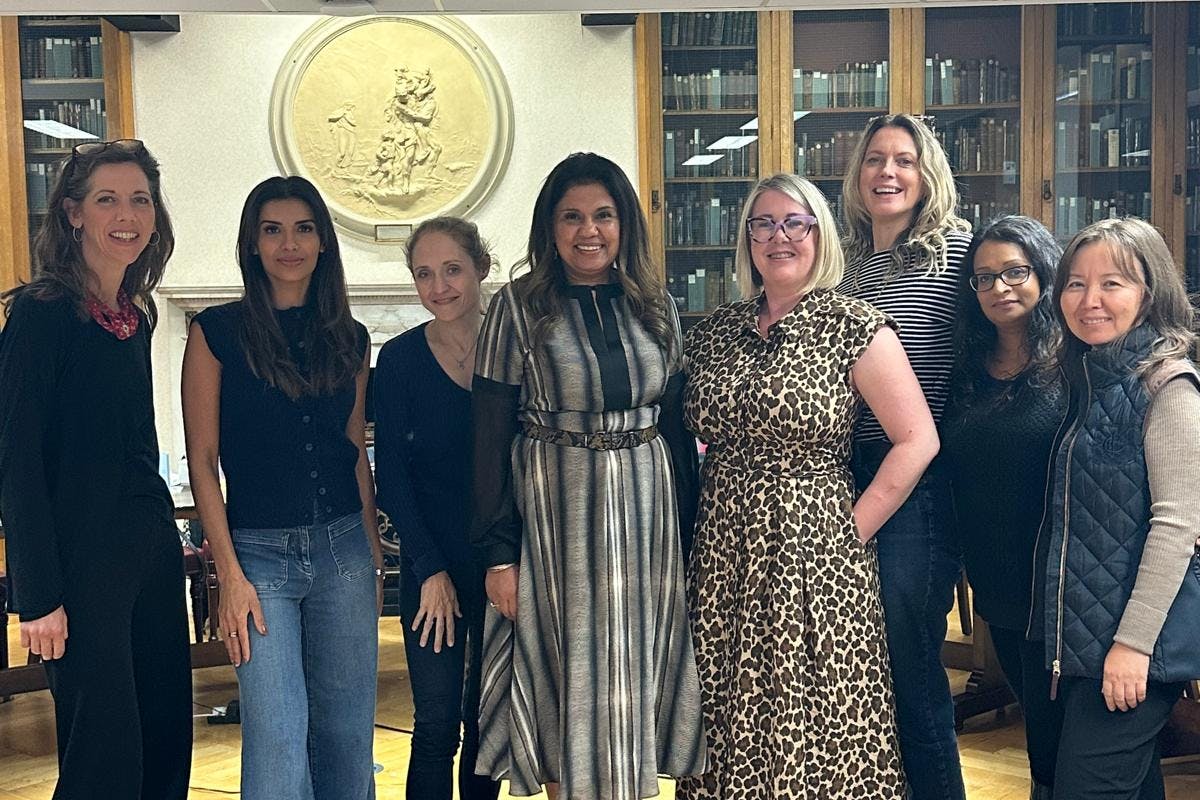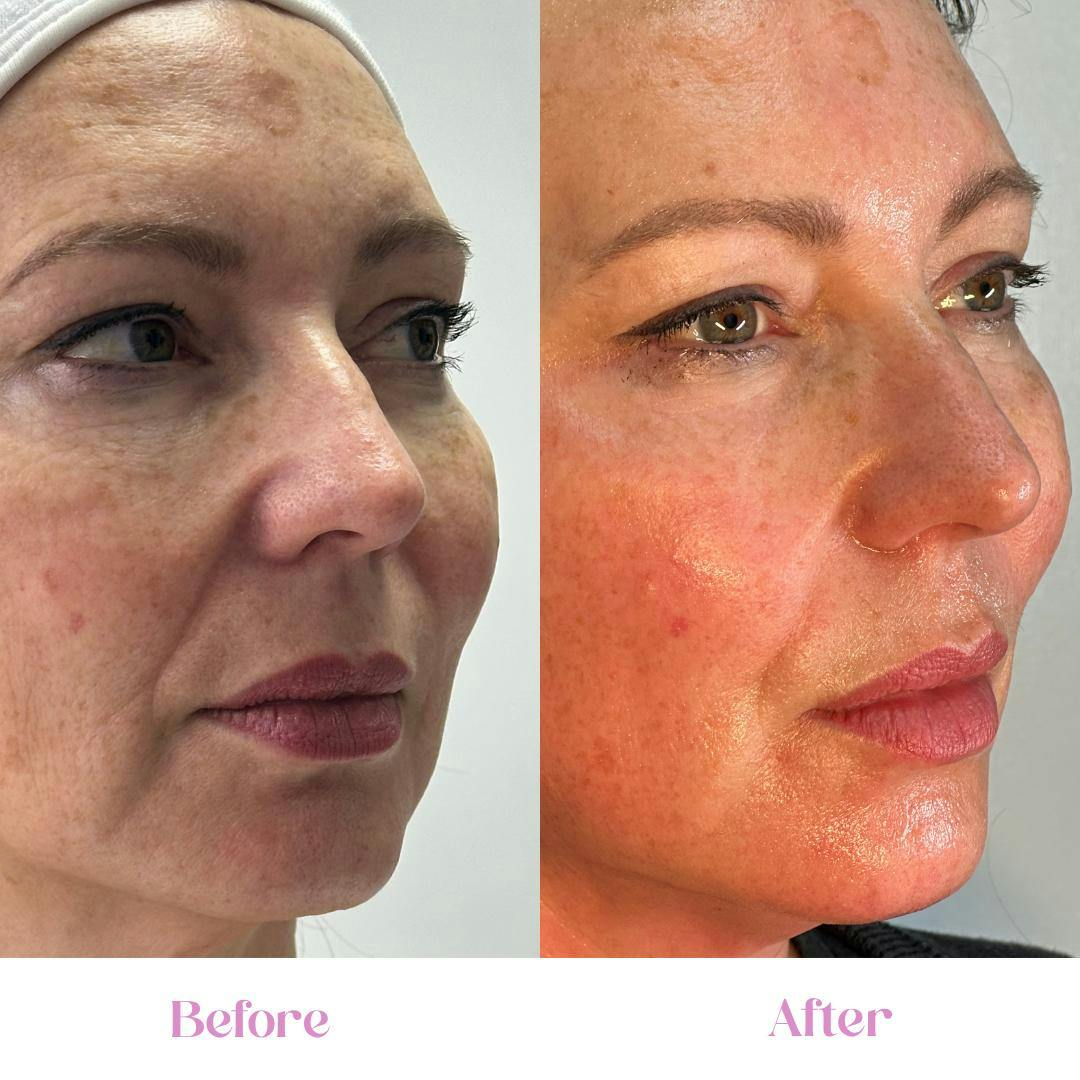
Menopause has always been part of the conversations I have in clinic. Women would sit in the chair and talk about more than skin: sleep changes, irritability, weight fluctuations, feeling unlike themselves, and noticing changes that didn’t quite make sense. I supported these women as a prescribing clinician and through my primary care background, but it became increasingly clear that women deserved a more comprehensive, joined-up approach than what many traditional medical settings have time to offer.
The Marion Gluck Academy training became the natural next step. It allowed me to deepen my medical understanding of hormones, refine how I assess symptoms, and strengthen the way I support women medically, emotionally, and aesthetically during this stage of life. This training has given me the knowledge and clinical structure to guide menopause care with confidence, clarity, and a personalised plan for each woman, rather than relying on fragmented advice or single-focus treatment approaches.
This wasn’t about changing direction. It was about elevating the standard of support I already provide and ensuring women receive care that reflects current, evidence-based practice in hormonal medicine.
Completing this training has shifted the way we practise in clinic. Everything now sits within a more medically integrated framework:
It has allowed us to move away from viewing concerns in isolation. Instead we now approach women’s health with the understanding that hormonal change influences skin quality, emotional balance, overall vitality, and how a woman feels in day-to-day life.
This training means we can hold space for the full picture and offer plans rooted in medical understanding, not guesswork, trends, or quick fixes.

For many women, menopause first shows up through their skin and energy levels. In the past, treatment may have focused more heavily on topical or device-based solutions alone. With this training, our approach now incorporates hormonal context at every stage.
When discussing skin changes, collagen decline, dryness, or loss of elasticity, we now explain the hormonal mechanisms behind them and use treatments and skincare that support regenerative pathways alongside hormonal change. It has made treatment planning more intelligent, more collaborative, and more realistic for women so they understand why things are changing, not just what to do about it.
Aesthetic work and menopause care now sit together rather than separate.
Because I already came from a prescribing and primary care background, this training builds on established experience rather than introducing something unfamiliar. It enhances my ability to prescribe for menopause in a structured, informed way, with a clear clinical rationale and monitoring framework.
Once our CQC clinic is finalised, I will begin offering private menopause care and prescriptions, allowing women to receive everything they need in one setting:
This will create a complete, medically supported pathway, so women do not have to move between multiple providers or search for answers alone.

Even while the CQC process is underway, this training already informs every consultation and treatment recommendation. It affects how I listen, what I look for clinically, and how we plan treatment journeys. Women benefit from a deeper level of understanding and guidance right now, before the formal prescribing service launches.
There is no “wait until later” for the benefit. Patients are already experiencing the impact of this training through improved assessment, education, and tailored treatment plans.
Once the CQC clinic is complete, menopause care will become a dedicated focus within House of Glo. Women will be able to access tailored hormonal support alongside regenerative aesthetics, all delivered within a regulated medical environment built specifically for this level of care.
This next phase will set a new standard for how menopause is supported in a modern medical aesthetic setting: integrated, medically led, personalised, and centred around the full experience of the woman, not just isolated symptoms.
This training has reinforced one core belief: menopause care deserves time, expertise, and a joined-up approach. Women benefit most when hormonal health, medical practice, and regenerative skin treatments work together, guided by a clinician who understands the full picture.
This is not about doing more. It is about doing it properly. With calm confidence, modern medical knowledge, and genuine care.
At House of Glo, menopause support will continue to grow in depth and structure, and I am proud to bring this level of care to women who deserve clarity, dignity, and personalised medical support during this stage of life.
> If you’re not sure where to start, book a consultation and we can talk it through together.
Stay in the glow - sign up to the House of Glo newsletter to receive exclusive offers, updates, and beauty tips straight to your inbox!